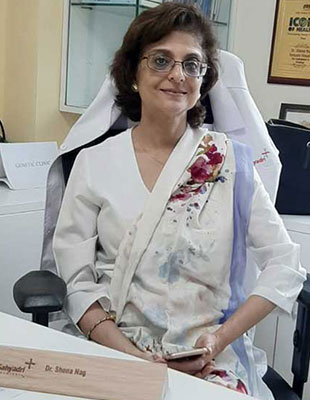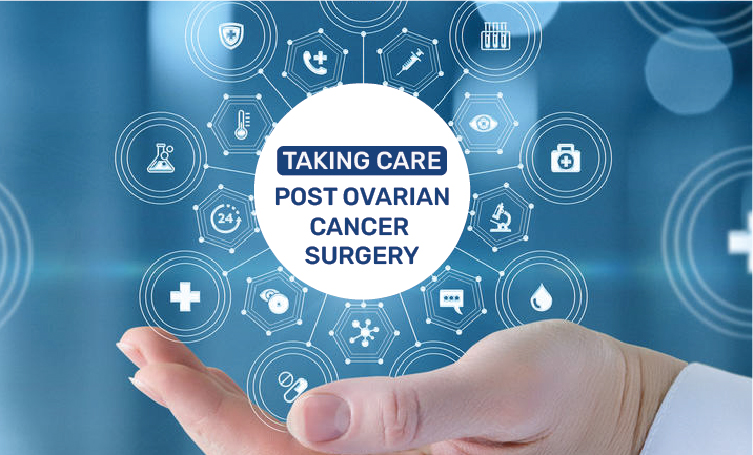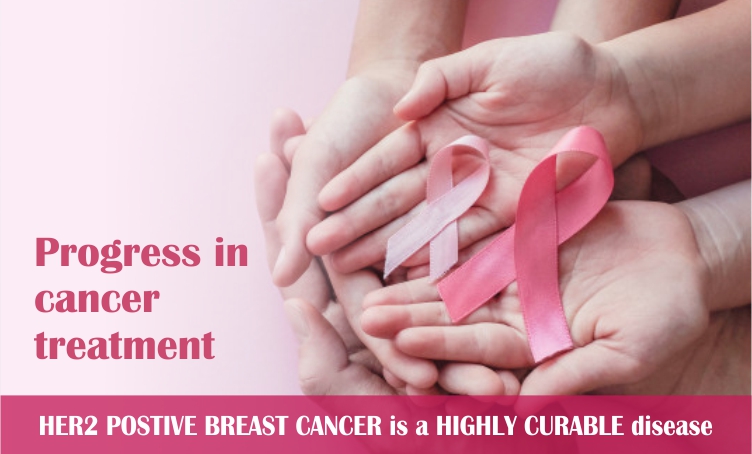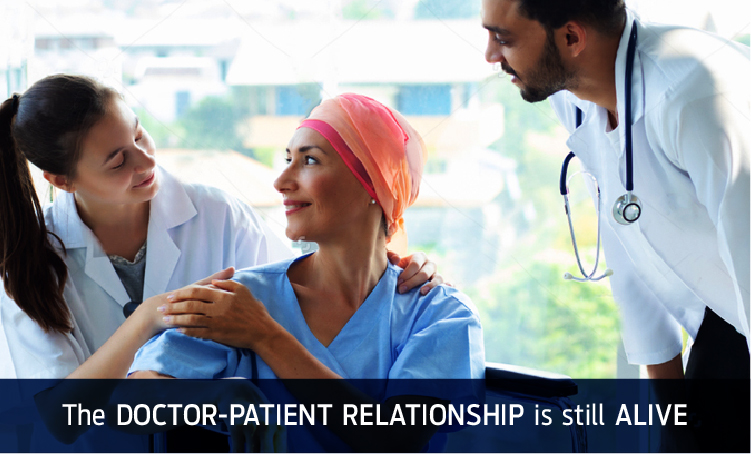
Dr. Shona Nag,
Director-Oncology, Sahyadri Group of hospitals, Pune.My 27 years of experience serving as a medical oncologist and a cancer specialist has taught me that cancer is a twofold battle. The vortex of physiological and psychological trauma that cancer exerts on patient can be an extremely challenging time for them. I believe that while medication treats the diseases, what the patient needs is someone who can be their beacon of hope to guide them through these jagged times.
Are you or a loved one faced with an overwhelming or life-threatening breast cancer diagnosis? You are not just alone!
India has seen a dramatic increase in breast cancer cases in recent years. In 2022, around 2,87,850 new cases were reported for breast cancer alone in the US. Around 43,250 women died from breast cancer. This alarming statistic highlights the need for greater awareness and education about the disease.
Several steps can be taken to help reduce the risk of developing breast cancer. These include maintaining a healthy weight, exercising regularly, limiting alcohol consumption, avoiding smoking, and eating a balanced diet rich in fruits and vegetables. Additionally, women should get regular mammograms and clinical breast exams as recommended by their doctors.
It is also essential for those diagnosed with breast cancer to seek support from family members, friends, or support groups. Many organizations are dedicated to providing resources and support for those affected by this disease. Additionally, there are numerous online communities where individuals can connect with others who have been through similar experiences.
Increasing awareness about breast cancer and taking proactive steps to reduce its risk factors can help ensure that more people receive early detection and treatment for this life-threatening disease.
 27
27
years of experience
 40 k +
40 k +
Consultations
 10
10
international awards
Area of specialization

Breast Cancer
Breast cancer occurs when cells within the breast start multiplying unusually to form a tumor.
Read More
Cervical Cancer
In India, cervical cancer contributes to approximately 6-29% of all cancers in women.
Read More
Ovarian Cancer
Ovarian cancer occurs when abnormal cells in the ovary begin to grow and divide in an unregulated way.
Read MorePatient Testimonials
Click to view all patient stories

Rooma Dubey | 28th April, 2022 | Google Reviews

Sudhakar Bhosale | 7th March, 2022 | Google Reviews

Aadil Chaudhary | 17th February, 2022 | Google Reviews

Ankita Vyavahare | 20th January, 2022 | Google Reviews

Chandrakant Udavant | 5th December, 2021 | Google Reviews

Supriya Joshi | 10th November, 2021 | Google Reviews

Gauri Gadgil | 15th September, 2021 | Google Reviews

Pallavi Dhapte | 13th August, 2021 | Google Reviews

Akshay Ram Gaikwad | 2nd July, 2021 | Google Reviews

Suchittt | 22nd June, 2021 | Google Reviews

Divya Nyati | 12th June, 2021 | Google Reviews

Herpal Singh | 24th May, 2021 | Google Reviews

Sudhakar Muley | 5th April, 2021 | Google Reviews












